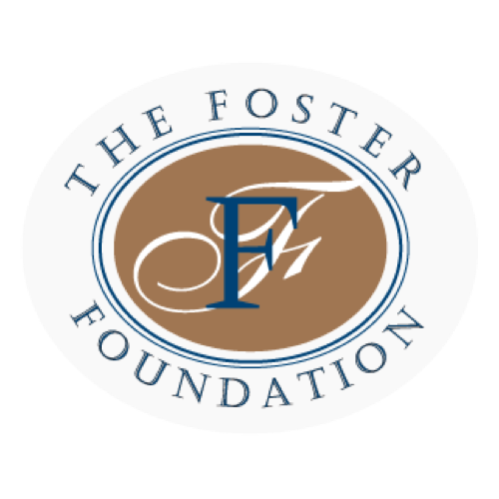Upower, a 501(c)3 nonprofit based in Seattle was founded in 2014. Upower builds positive relationships through trauma-informed coaching using movement and play to empower and educate youth who are underserved. Our vision is to confront systemic and institutional inequalities adversely affecting underserved youth by providing access to the physical, social-emotional, and academic benefits of physical activity and play.
In King County, youth who do not speak English at home, Youth of Color, and youth from low-income families are all significantly less likely to participate in organized sports or recreation compared to white, affluent, English-speaking youth (Seattle-King County State of Play, 2019), These disparities have only been exacerbated by Covid-19. Since the start of the pandemic, screen time has increased among 87% of children, and physical activity has decreased among 52% of children (Carroll et al., 2020). This lack of movement and enrichment has the potential to have severe impacts on youth development.
However, youth can be incredibly resilient in the face of trauma, and our communities are stronger when we work together to provide equitable access to youth enrichment.
Upower is actively working with community partners towards the collective goal of providing opportunities to youth with little, IF ANY, access by providing in-person movement classes at no cost to youth or families. Our classes offer a safe space for youth to be themselves and participate in physical activities such as cardiovascular conditioning, sports, and fitness games. By creating an accessible and secure environment and developing trusting relationships between coaches and youth, Upower harnesses the power play as a buffer against trauma and impart the social, emotional, and physiological benefits of movement. We strive to simultaneously break down institutional and systemic inequities of play and build youths’ resiliency and life skills.











